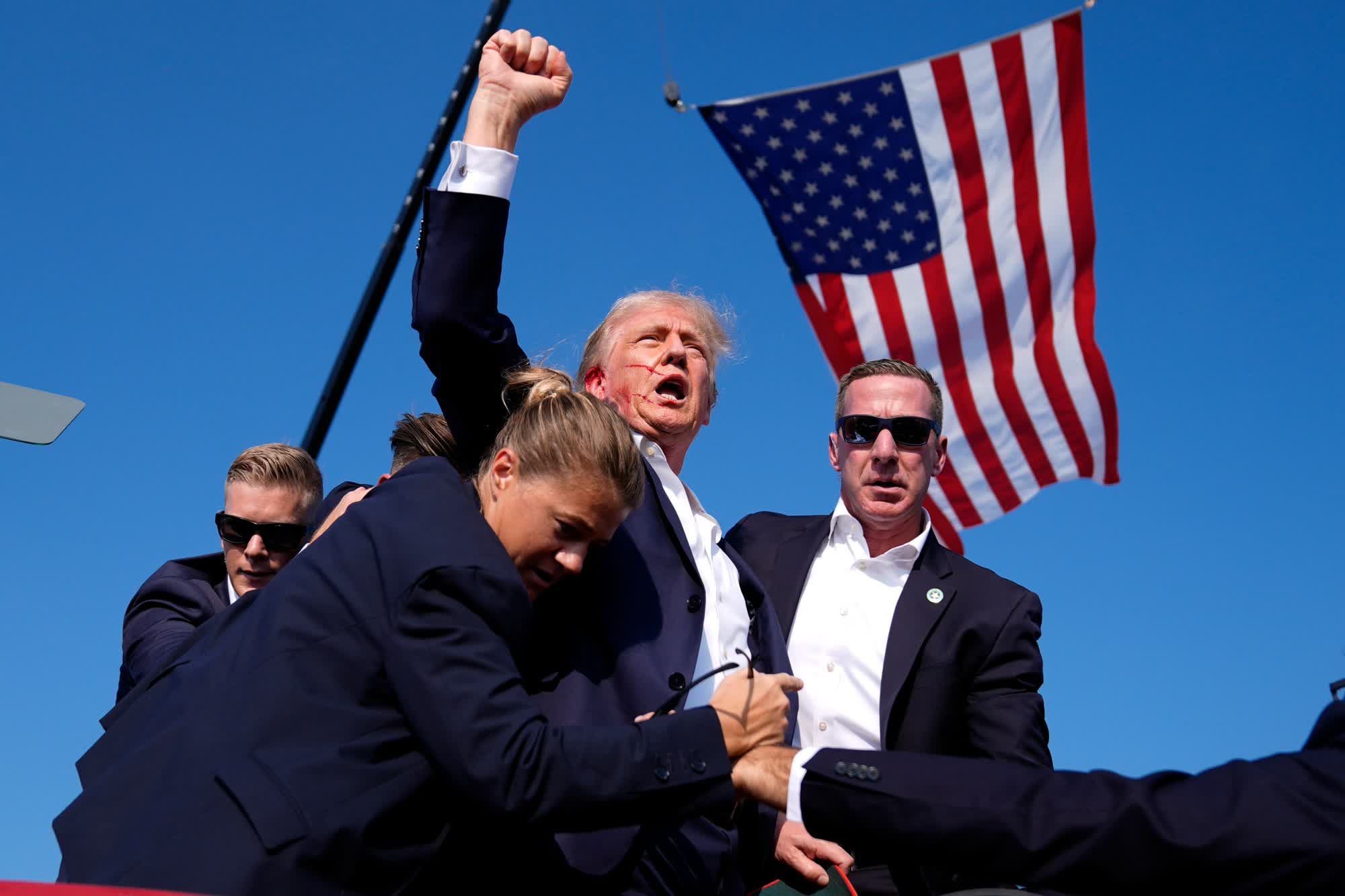A US Senator dismisses such a claim as ‘laughable’ and urges President Joe Biden to seek congressional approval for strikes.
Israel has cited this rationale to justify the killing of over 30,000 Palestinians in Gaza, with thousands more presumed dead under the rubble, all within a span of fewer than five months.
And now, the United States has invoked similar justification for its airstrikes targeting Houthi fighters in Yemen.
The concept of a sovereign state’s right to self-defense under international law has garnered significant attention in recent months, particularly amid four concurrent conflicts and humanitarian crises in Gaza, Lebanon, Syria, and Yemen, which collectively pose a threat of escalating into full-scale war in the Middle East.
This week, however, US Senator Tim Kaine from Virginia raised doubts regarding American assertions that US-led airstrikes on Houthi targets, carried out in response to Red Sea attacks on commercial vessels the group alleges are linked to Israel, can be classified as “self-defense.”
The Houthis, an Iranian-backed armed group based in Yemen, initiated their series of maritime attacks last year in solidarity with the people of Gaza. Notably, on November 19, Houthi commandos conducted a helicopter-borne assault, not on a US vessel, but on a Japanese-operated cargo ship in the Red Sea, allegedly connected to an Israeli businessman.
Subsequently, the Houthis are suspected of carrying out nearly 60 attacks on commercial and military ships from various countries operating in the Red Sea and the Gulf of Aden.

Since January 11, the US-led airstrikes targeting the Houthis, who hold significant territory in Yemen, including the capital Sanaa, have primarily focused on Houthi storage facilities, radar installations, and air-defense systems.
Over 230 Houthi targets in Yemen have been hit by the US-led operation since last month, aiming to diminish the group’s military capabilities.
The US argues that these attacks constitute ‘self-defense’ due to several factors. Firstly, the US reclassified the Houthis as a Specially Designated Global Terrorist (SDGT) entity on January 17, which implies that any assaults on US commercial and military vessels in the Red Sea are considered an attack on the US itself. President Biden has condemned the actions of the Houthis as “outrageous,” further reinforcing the perception that these attacks pose a direct threat to US interests and security.
Although some attacks by Houthi fighters have indeed targeted US ships, not all assaults have been directed at American vessels.
Following the initiation of the US military campaign last month, John Kirby, who is now the White House national security communications adviser, stated that the US was “not looking to expand this.” He emphasized that the Houthis have the opportunity to cease their reckless attacks and make the right choice.
Senator Kaine, a Democrat who was Hillary Clinton’s running mate in the 2016 US Presidential election, expressed skepticism about the US claim to self-defense during a Senate Foreign Relations Committee hearing earlier this week.
He criticized President Biden’s legal justification for US attacks on Houthis in Yemen as “laughable.” Kaine argued that while a narrow mission to defend US shipping, both military and commercial, falls under Article 2 self-defense of the US Constitution, defending the commercial ships of other nations does not.
Article 2 of the US Constitution grants the president the authority to take military action in self-defense without approval from Congress. However, Kaine and other committee members questioned the legitimacy of Biden’s claim that US retaliatory airstrikes against targets in Yemen constitute acts of self-defense, especially considering that Houthi attacks primarily targeted international, not American, vessels.
Senator Chris Murphy of Connecticut also appeared to reject Biden’s self-defense justification, stating that the situation in Yemen looks like war in every bit of the constitutional sense. He emphasized the need for Congressional approval for military action to legalize existing operations and to prevent unauthorized mission creep.
Whether the US can be considered to be acting in self-defense depends on the interpretation of relevant legal principles, including those outlined in the United Nations Charter.
According to Neve Gordon, a professor of international law and human rights at Queen Mary University of London, Article 51 of the UN Charter suggests that if a ship, whether commercial or military, carrying the US flag is attacked, then the US can respond in self-defense. However, Gordon points out that the US cannot protect commercial ships carrying other flags, and any US attack on Houthi targets precipitated by a Houthi strike against a non-US ship would violate the UN Charter.
In addition to legal considerations, a US president’s use of military force is constrained by the War Powers Resolution, enacted by Congress in 1973 after the Vietnam War. This resolution requires the president to terminate hostilities within 60 to 90 days unless Congress authorizes such use or extends the time period.
Referring to the War Powers Resolution, a 2019 Congressional Research Service report states that the president must report to Congress any introduction of US forces into hostilities or imminent hostilities. If the US airstrikes on Yemen’s Houthis are not deemed self-defense, President Biden would need congressional support for his campaign of attacks by April 11.
Source: https://www.aljazeera.com/news/2024/3/1/can-the-us-strikes-on-yemens-houthis-be-justified-as-self






